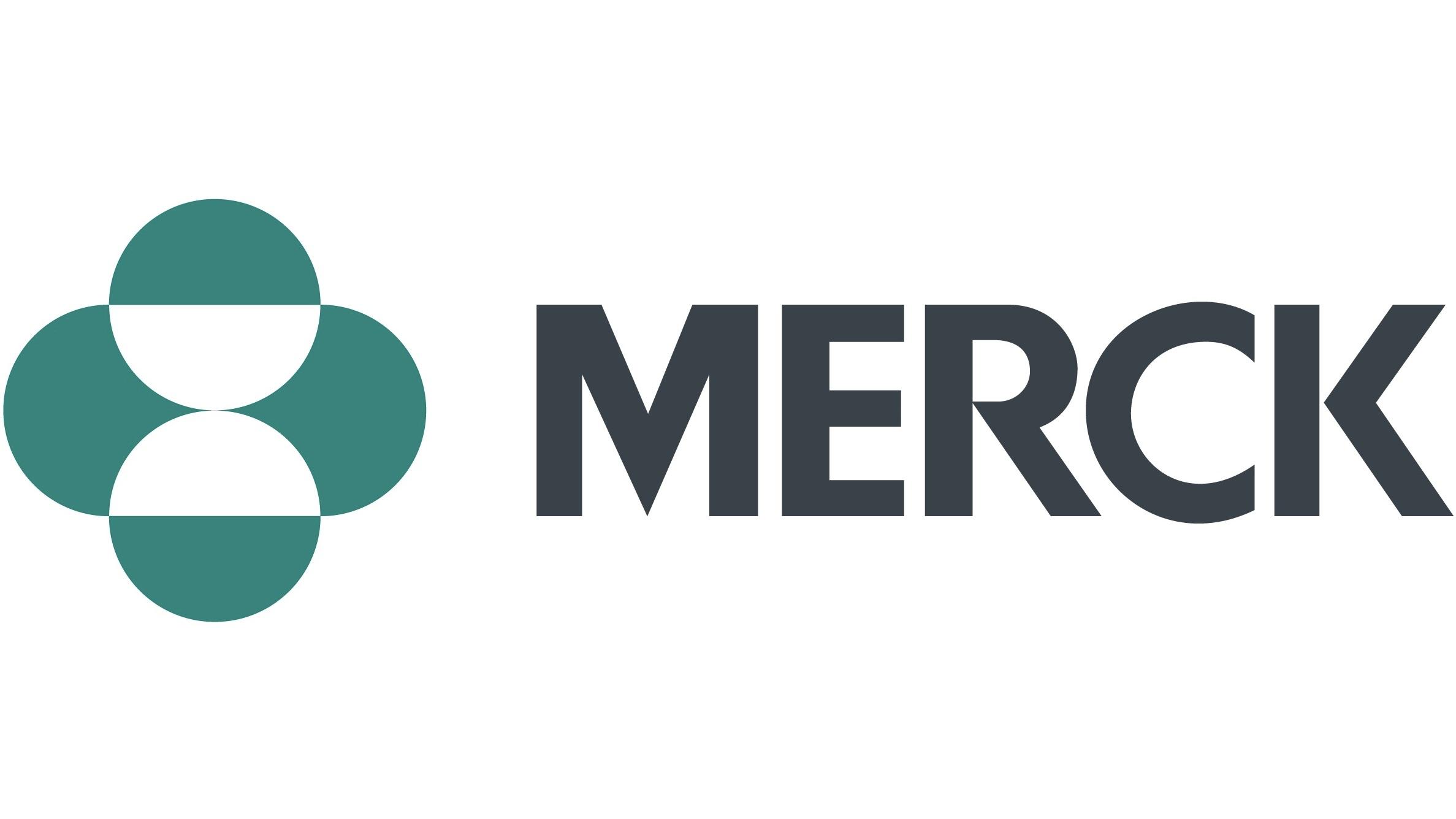Drugmaker Merck has partnered with Daiichi Sankyo, under which it will pay $5.5 billion to develop three candidate cancer drugs jointly. This deal could be worth up to $22 billion for Daiichi Sankyo, depending on the success of the therapies.
Shares of Daiichi Sankyo soared by 14.4% in Tokyo, marking their largest gain in over a year. Merck also saw a rise of 1.6% in morning trading.
Ambitious Revenue Target for Daiichi Sankyo's Oncology Business
According to Reuters, Daiichi Sankyo has set a revenue target of at least 900 billion yen ($6 billion) for its oncology business by the fiscal year ending March 31, 2026. This would represent an impressive five-fold increase over three years.
Investopedia noted that the three-drug candidates to be developed with Merck fall into the antibody-drug conjugates (ADC) class, with various stages of clinical development for treating multiple solid cancer tumors. Unlike conventional chemotherapy, ADCs are designed to target cancer cells, minimizing damage to healthy cells specifically.
"One of the changes in the external environment is intensifying competition in ADC development," Daiichi Sankyo CEO Sunao Manabe said, describing the company's decision to seek a partner.
Promising Commercial Revenue Potential
The drug candidates - patritumab deruxtecan, ifinatamab deruxtecan, and raludotatug deruxtecan - hold significant worldwide commercial revenue potential for both companies by the mid-2030s, according to Merck and Daiichi Sankyo.
Under the agreement, Merck and Daiichi Sankyo will jointly develop and potentially commercialize the drug candidates globally, except in Japan, where Daiichi Sankyo will retain exclusive rights. Daiichi Sankyo will be responsible for manufacturing and supply.
Merck Gains Access to Daiichi Sankyo's Expertise in the ADC Space
The partnership allows Merck to tap into Daiichi Sankyo's leadership status in the ADC field. Analysts believe this collaboration will strengthen Merck's cancer drug portfolio, particularly as its top-selling Keytruda faces patent expiration at the end of the decade.
In return for the collaboration, Merck will make an upfront payment of $4 billion to Daiichi Sankyo, followed by $1.5 billion in continuation payments over the next two years. Additionally, Merck may pay up to $16.5 billion based on future sales milestones, amounting to $5.5 billion for each product.
Daiichi Sankyo has six ADC candidates in its pipeline, including two jointly developed with AstraZeneca. However, this week's disappointing data abstract on the late-stage trial of datopotamab deruxtecan, developed with AstraZeneca, has impacted analysts' expectations.
Photo: Merck Media



 Anta Sports Expands Global Footprint With Strategic Puma Stake
Anta Sports Expands Global Footprint With Strategic Puma Stake  Novo Nordisk Launches Once-Daily Wegovy Pill in U.S. at Competitive Pricing
Novo Nordisk Launches Once-Daily Wegovy Pill in U.S. at Competitive Pricing  Federal Appeals Court Blocks Trump-Era Hospital Drug Rebate Plan
Federal Appeals Court Blocks Trump-Era Hospital Drug Rebate Plan  Rio Tinto Shares Hit Record High After Ending Glencore Merger Talks
Rio Tinto Shares Hit Record High After Ending Glencore Merger Talks  CK Hutchison Launches Arbitration After Panama Court Revokes Canal Port Licences
CK Hutchison Launches Arbitration After Panama Court Revokes Canal Port Licences  FDA Fast-Tracks Approval of Altria’s on! PLUS Nicotine Pouches Under New Pilot Program
FDA Fast-Tracks Approval of Altria’s on! PLUS Nicotine Pouches Under New Pilot Program  SoftBank Shares Slide After Arm Earnings Miss Fuels Tech Stock Sell-Off
SoftBank Shares Slide After Arm Earnings Miss Fuels Tech Stock Sell-Off  Novo Nordisk and Eli Lilly Cut Obesity Drug Prices in China as Competition Intensifies
Novo Nordisk and Eli Lilly Cut Obesity Drug Prices in China as Competition Intensifies  Weight-Loss Drug Ads Take Over the Super Bowl as Pharma Embraces Direct-to-Consumer Marketing
Weight-Loss Drug Ads Take Over the Super Bowl as Pharma Embraces Direct-to-Consumer Marketing  Nasdaq Proposes Fast-Track Rule to Accelerate Index Inclusion for Major New Listings
Nasdaq Proposes Fast-Track Rule to Accelerate Index Inclusion for Major New Listings  Sanofi to Acquire Dynavax in $2.2 Billion Deal to Strengthen Vaccine Portfolio
Sanofi to Acquire Dynavax in $2.2 Billion Deal to Strengthen Vaccine Portfolio  Tencent Shares Slide After WeChat Restricts YuanBao AI Promotional Links
Tencent Shares Slide After WeChat Restricts YuanBao AI Promotional Links  California Jury Awards $40 Million in Johnson & Johnson Talc Cancer Lawsuit
California Jury Awards $40 Million in Johnson & Johnson Talc Cancer Lawsuit 































